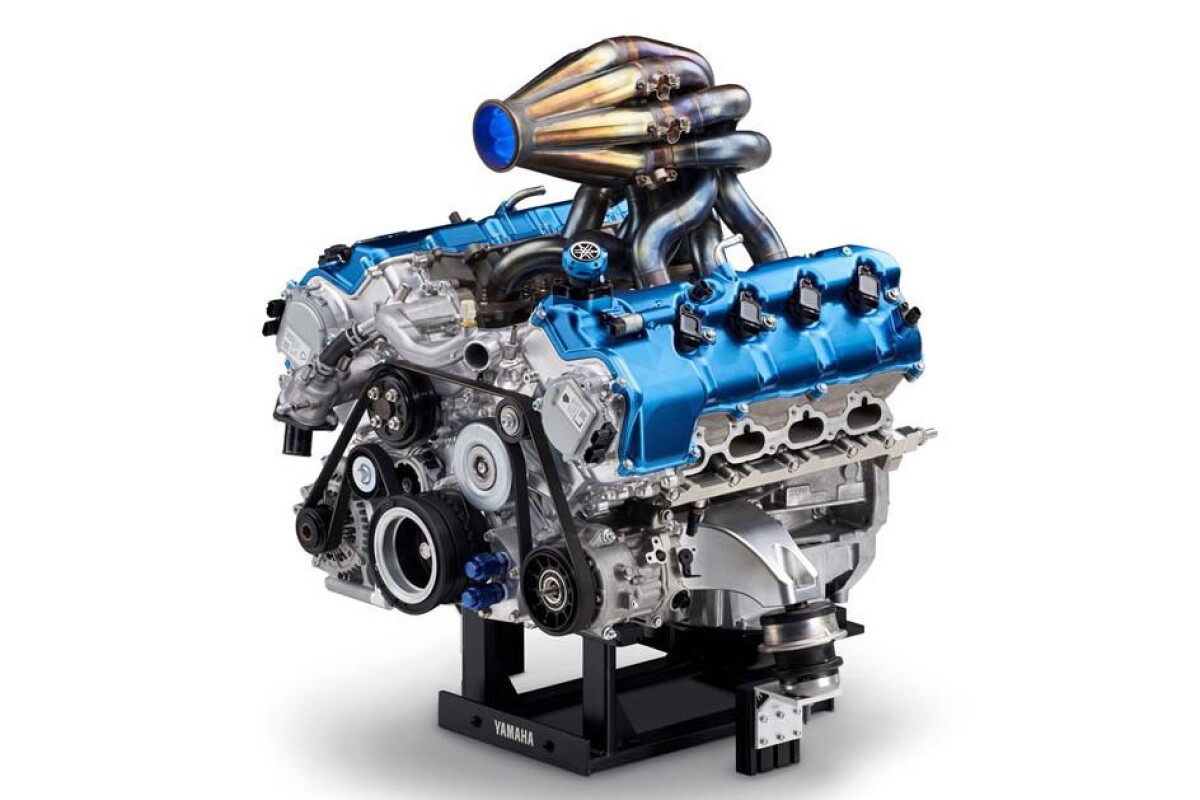Engines For Africa Offers Motors You Can Depend On
Discover a Wide Range of Engines for Every Vehicle and Objective
The automotive landscape is increasingly intricate, with a diverse variety of engine kinds developed to fulfill certain efficiency and effectiveness demands across various lorry groups. Additionally, sturdy engines offer the requirements of job automobiles, while environmentally friendly choices are gaining grip in the pursuit of sustainable transportation.
Kinds Of Automotive Engines
Automotive engines can be categorized into numerous unique kinds, each developed to satisfy particular efficiency and effectiveness needs. The most typical classifications consist of inner burning engines, electrical engines, and hybrid systems.

Electric engines, on the various other hand, operate on electrical power saved in batteries, providing immediate torque and no emissions. These engines are becoming increasingly prominent as a result of innovations in battery innovation and the expanding focus on sustainability.
Hybrid systems incorporate both internal combustion and electric engines, making it possible for cars to maximize gas performance and minimize exhausts by effortlessly switching over between source of power. Each engine kind presents its drawbacks and benefits, affecting factors such as car style, meant use, and market demand. When choosing the ideal engine for their details needs., comprehending these distinctions is critical for consumers and makers alike.
Performance Engines for Sports Cars
Performance engines for cars are especially crafted to provide enhanced power, rate, and agility, setting them apart from conventional vehicle engines. These engines often utilize sophisticated modern technologies such as turbocharging, supercharging, and variable valve timing to make best use of performance and responsiveness.
Usually, efficiency engines are made with greater compression ratios, which permit better power removal from gas. This results in excellent horsepower and torque figures, enabling rapid acceleration and greater top speeds. Additionally, the light-weight products used in these engines, such as aluminum and carbon fiber, contribute to reduced total car weight, enhancing handling and maneuverability.
Engine configurations like V6, V8, and also hybrid systems are typical in performance sports vehicles, each offering distinct advantages in regards to power distribution and driving dynamics. The tuning of these engines is also critical; numerous suppliers enhance the engine management systems to give an exciting driving experience, commonly including sport settings that readjust throttle action and equipment changes.
Efficient Engines for Daily Commuters
In the realm of everyday travelling, efficient engines play a critical role in maximizing fuel economic climate and decreasing exhausts while supplying reputable performance. As metropolitan populations grow and ecological issues increase, the need for lorries equipped with reliable powertrains has surged.
Modern engines made for day-to-day travelers commonly integrate technologies such as turbocharging, straight gas injection, and hybrid systems. Turbocharging enhances engine efficiency by forcing even more air into the combustion chamber, permitting for smaller, lighter engines that do not endanger power output. Direct gas injection improves fuel atomization, resulting in better burning and boosted effectiveness.
Crossbreed engines, combining interior combustion with electric power, additional augment fuel economic climate, specifically in stop-and-go web traffic, where standard engines can struggle with inefficiencies. Electric motors aid throughout velocity and can operate independently at low speeds, decreasing total fuel consumption.
In addition, developments in engine administration systems and light-weight materials add significantly to efficient engine layout. By concentrating on performance, sturdiness, and environmental sustainability, suppliers proceed to provide engines that not just meet the go now needs of everyday commuting yet also line up with international initiatives to lower carbon footprints.
Heavy-Duty Engines for Job Cars
Durable engines for work vehicles are consistently crafted to provide phenomenal torque and reliability under demanding problems. These engines are made to execute in environments where traditional engines might fail, such as construction sites, logging operations, and agricultural settings. The main focus of heavy-duty engines is their ability to produce high degrees of power while keeping longevity over prolonged durations of operation.
Generally, heavy-duty engines use advanced materials and robust building and construction methods to hold up against the rigors of hefty work. Attributes such as enhanced cylinder blocks, improved cooling systems, and progressed fuel injection modern technologies add to their effectiveness. These engines frequently operate at reduced RPMs, which aids to maximize fuel effectiveness while giving the needed power for transporting and lugging.
Along with mechanical toughness, durable engines Get More Info are frequently geared up with sophisticated electronic control systems (ECUs) that handle performance, emissions, and diagnostics. This assimilation enables much better surveillance and upkeep, ensuring that work vehicles continue to be functional and efficient.
Inevitably, durable engines are a crucial part in the efficiency of numerous industries, offering the necessary power and integrity to take on the most difficult of tasks.
Eco-Friendly Engine Options
The growing emphasis on sustainability has actually resulted in the growth of environmentally friendly engine options that focus on minimized emissions and improved gas efficiency. These engines are created to lessen the environmental impact of vehicles while still supplying the performance and integrity anticipated by consumers.
Amongst the most significant environment-friendly alternatives are electrical and hybrid engines. Crossbreed engines integrate traditional inner burning engines with electrical propulsion, permitting minimized gas consumption and lower greenhouse gas discharges. Electric engines, on the various other hand, operate completely on battery power, producing no tailpipe discharges and adding to cleaner air quality.
One more promising development is the development of biofuel engines, which utilize renewable energies, such as plant products, to power vehicles (Engines For Africa). By making use of biofuels, these engines can minimize reliance on fossil fuels and lower total carbon impacts

As the automobile industry develops, environment-friendly engine options will certainly play an essential function in driving the change towards more lasting transport options.
Final Thought
From high-performance engines that boost sporting more info here activities cars and truck capacities to reliable versions focusing on gas economy for everyday commuters, each type offers a details feature. Heavy-duty engines cater to robust job cars, while environmentally friendly options, such as electrical and biofuel engines, promote lasting transport.
